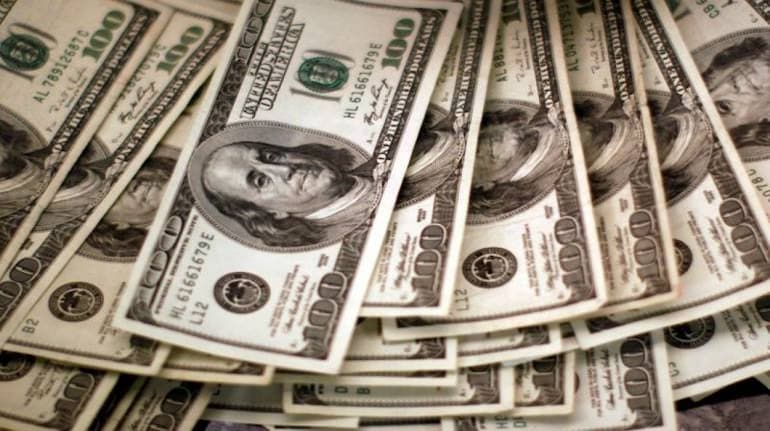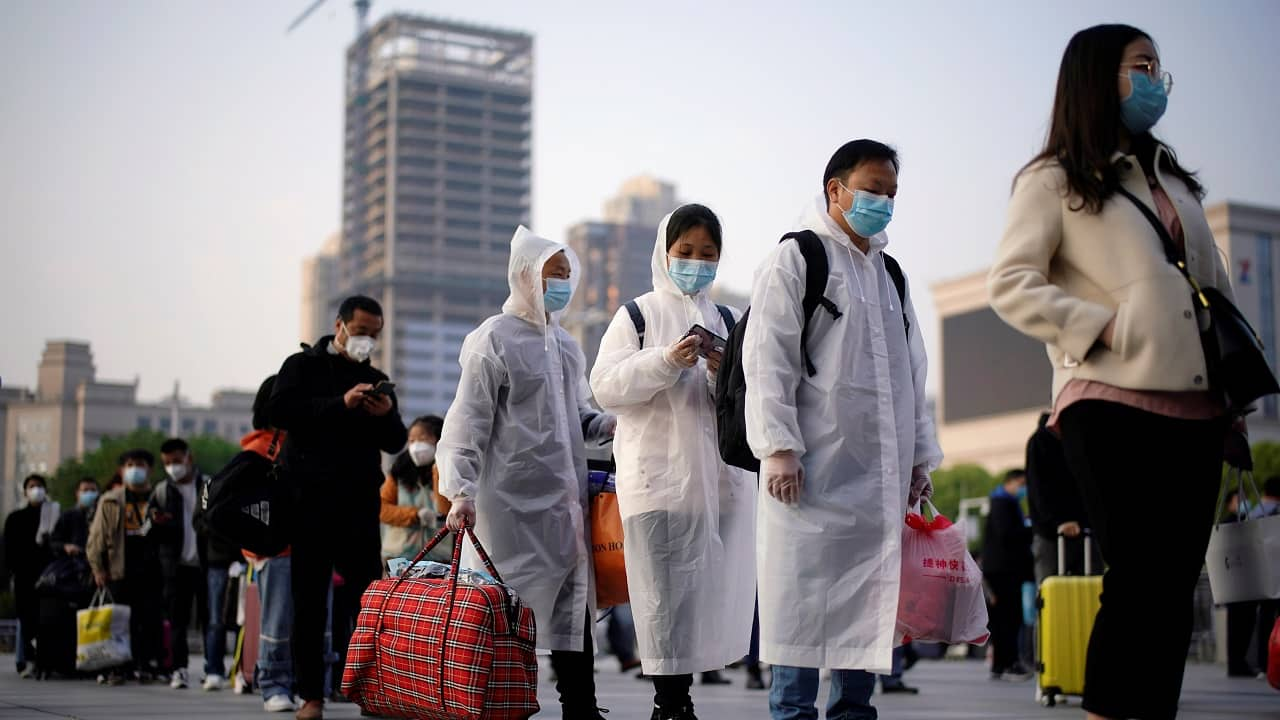ADB launches $9 billion COVID-19 vaccine initiative for its developing member economies
ADB has launched a USD 9 billion vaccine initiative — the Asia Pacific Vaccine Access Facility (APVAX) — offering rapid and equitable support to its developing members as they procure and deliver effective and safe coronavirus disease (COVID-19) vaccines, it said in a release.
PTI
Dec 11, 2020 / 03:19 PM IST
The Asian Development Bank (ADB) on Friday said it has launched a USD 9 billion vaccine initiative that will offer support to its developing member economies to procure and deliver COVID-19 vaccines.
ADB has launched a USD 9 billion vaccine initiative — the Asia Pacific Vaccine Access Facility (APVAX) — offering rapid and equitable support to its developing members as they procure and deliver effective and safe coronavirus disease (COVID-19) vaccines, it said in a release.
"As ADB''s developing members prepare to vaccinate their people as soon as possible, they need financing to procure vaccines as well as appropriate plans and knowledge to be able to safely, equitably, and efficiently manage the vaccination process," ADB President Masatsugu Asakawa said.
He further noted that "APVAX will play a critical role in helping our developing members meet these challenges, overcome the pandemic, and focus on economic recovery."
ADB said more than 14.3 million positive cases have been identified in Asia and the Pacific, causing more than 2,00,000 deaths.
As the pandemic persists, economic growth in developing Asia is projected to contract by 0.4 per cent in 2020 — the first regional gross domestic product contraction since the early 1960s, it added.












_2020091018165303jzv.jpg)






















